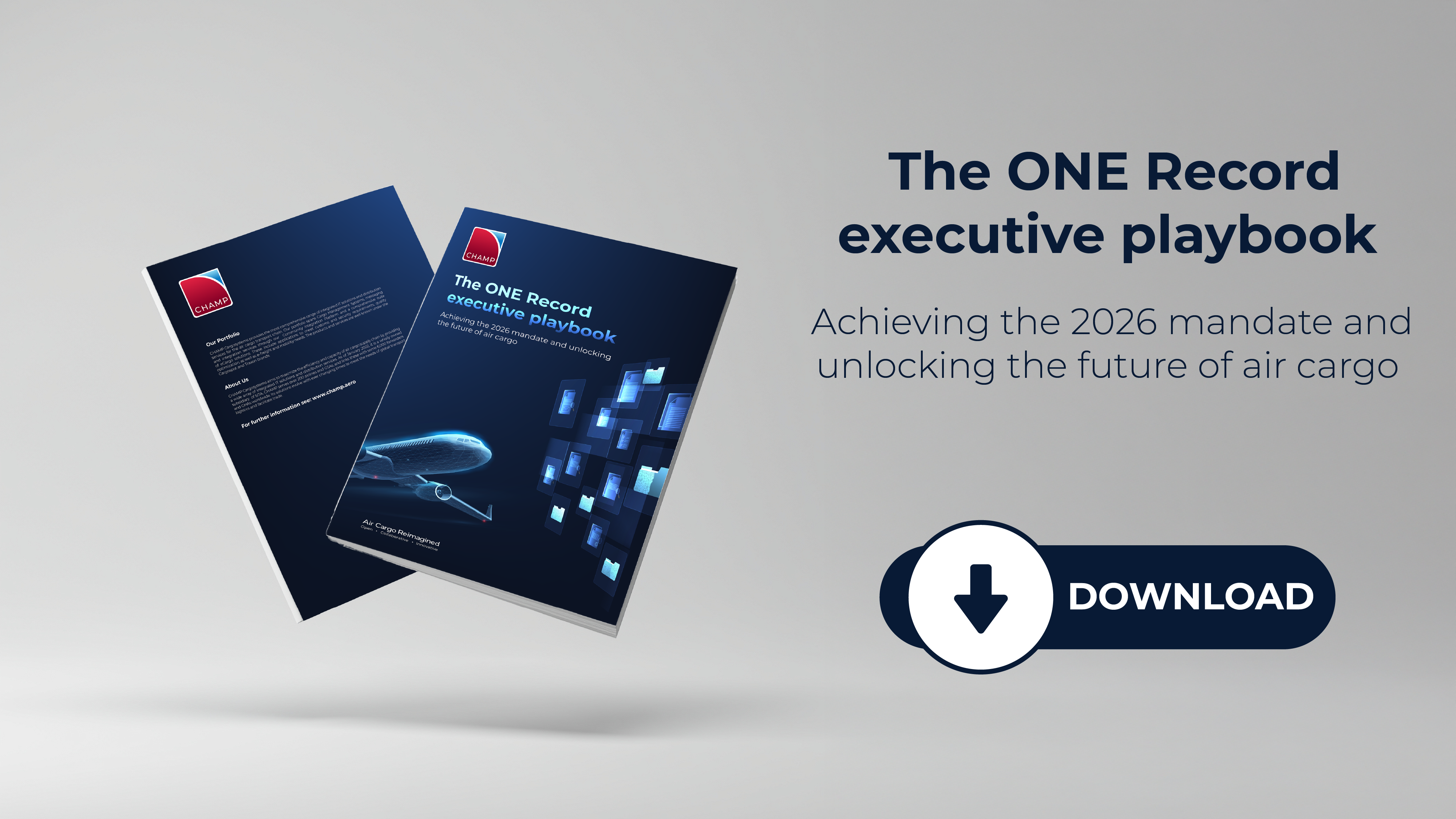A successful ONE Record early adoption use case
The challenge: Transitioning to ONE Record involves significant considerations for stakeholders, such as aligning with business processes, upgrading technology, allocating resources, and managing change. All require substantial investments in time and money, so immediate migration to ONE Record might not be feasible.
The solution: To accommodate stakeholders at different stages of ONE Record adoption, we are developing a feature that allows them to continue using their existing legacy messaging systems.
CHAMP will convert these messages to the ONE Record standard as needed. While this approach doesn't offer the full benefits of direct ONE Record adoption, it ensures stakeholders can maintain operations without scrambling for resources in an emergency transition scenario.
The initial focus will be on converting Master Air Waybill (FWB) & House Air Waybill (FHL) messages to ONE Record. These messages typically originate from forwarders and are sent to airlines, who then forward them to Ground Handling Agents (GHAs).
Subsequent phases will include converting ONE Record messages back to CIMP or CXML.

Why bridge/convert legacy messaging to ONE Record?
Minimal requirements
Stakeholders can continue using their current IT systems, messaging standards, and business processes, minimizing disruptions and learning curves.
Expanded connectivity
Stakeholders can connect with partners who have already adopted ONE Record, ensuring continued collaboration and data exchange.
Reduced disruptions
Stakeholders are protected from potential disruptions if their partners migrate to ONE Record ahead of them.
Financial flexibility
Stakeholders can plan their ONE Record investment at a pace that aligns with their financial capabilities, making informed decisions based on market observations and best practices.
.png?width=72&height=72&name=CHAMP-Logo-RGB-Full-Color-100x100%20(1).png)




